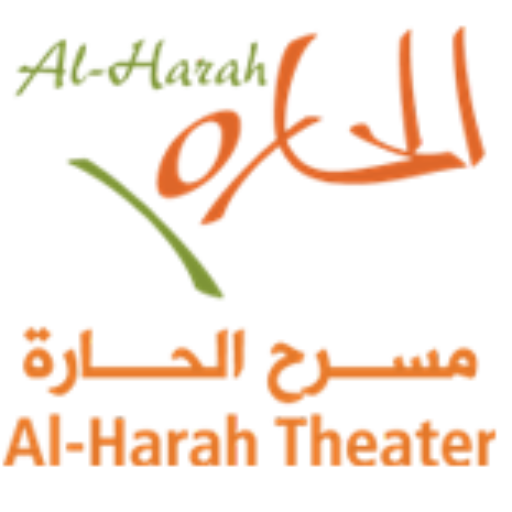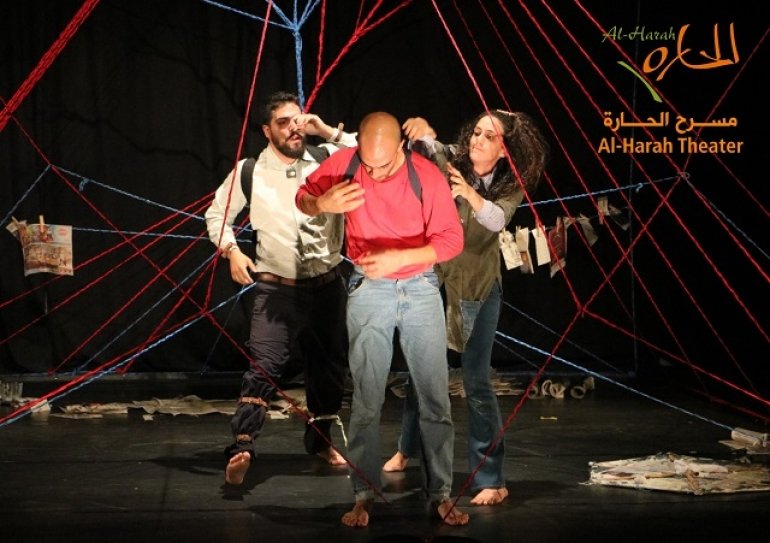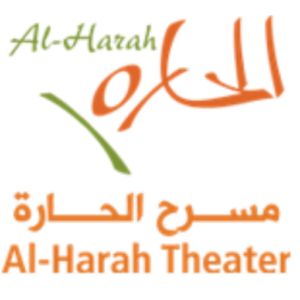Al-Harah Theater believes in the importance of partnerships between local community institutions, especially cultural ones, to unify various efforts in promoting the role of culture and arts in serving society. Al-Harah Theater also places great importance on networking with institutions in our Arab and international surroundings to exchange experiences and convey the message of Palestinian art to the world.
Al-Harah Theater is a founding member of many different local, regional, and international networks, including:



